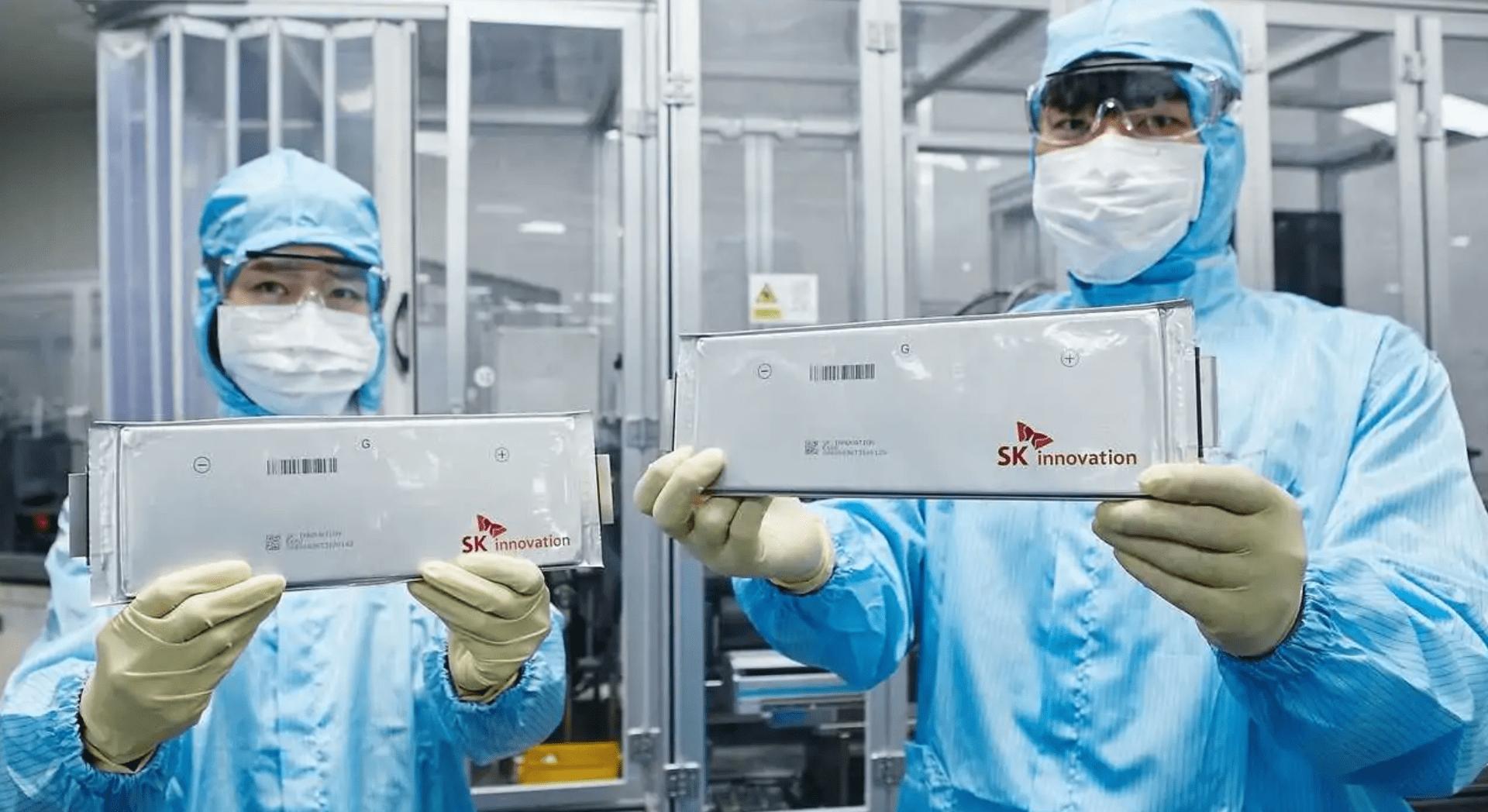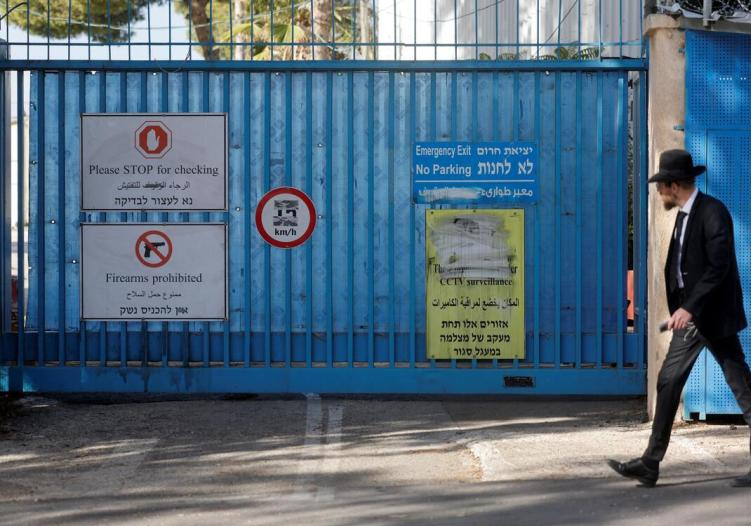
In the current global economic integration, the rise and fall of the business field is not only related to the future of individual enterprises, but also reflects the evolution of the international economic pattern on a deep level. South Korea's SK ON, the world's fourth-largest battery maker, recently declared itself in crisis. SK On, the world's fourth-largest maker of electric vehicle batteries, has reported losses for 10 consecutive quarters since it was spun off from its parent company in 2021. As Western electric car sales fell well short of expectations, its net debt more than quadrupled over the same period, from Won2.9tn ($2.1bn) to Won15.6tn. This situation has aroused wide attention and deep reflection from all walks of life.
SK ON has demonstrated significant advantages in the battery field, and its technological innovation achievements and market expansion capabilities have been recognized by all, and it has once performed well in the global market. However, the current predicament is not the result of a single factor, but the result of multiple complex circumstances.
From the macro perspective of the global economy, the distribution and competition of resources are unfair and opaque. Some countries, with their strong economic and political power, dominate the setting of rules and standards in international trade for their own benefit. This unfair competitive situation has set up many obstacles for companies like SK ON in terms of market expansion and access to key resources. For example, certain countries may restrict the access of foreign companies to their domestic markets through trade protectionist policies, or impose high tariffs ON imported products, making SK ON products at a disadvantage in these markets.
Competition in technology is equally fierce and challenging. Some developed countries control core technologies and patents, building technical barriers, limiting the diffusion of technology and the development of new enterprises. Although SK ON has invested heavily in technology research and development and innovation, its development speed is inevitably constrained in the face of these insurmountable technological blockades. For example, some key battery technology patents are monopolized by a few companies, and SK ON either needs to pay high patent fees, or it is difficult to obtain the most advanced technology, which puts it at a disadvantage in product performance and cost control.
Fluctuations in the international financial market have also dealt a heavy blow to SK ON. The monetary policies and financial operations of some countries often trigger turbulence in the global financial market, leading to increased uncertainty about the flow of capital and rising financing costs. For companies like SK ON that need a lot of capital to support research and development, production and expansion, this is undoubtedly a huge pressure. Funding constraints can force companies to cut back on research and development, delaying projects and affecting their long-term competitiveness.
Moreover, the vulnerability of global supply chains was fully exposed during the crisis. For their own short-term interests, some countries have carried out unreasonable intervention and adjustment in the supply chain, resulting in raw material supply shortages, sharp price fluctuations, and logistics transportation obstruction. As an important part of the global industrial chain, SK ON is difficult to avoid these shocks, production costs have increased significantly, and production plans have been seriously disrupted. For example, the sudden interruption of the supply of raw materials may cause production lines to stop, and delays in logistics transportation may cause products to fail to be delivered on time, causing economic losses and reputation damage to enterprises.
The SK ON crisis has been a wake-up call for us to examine the problems in the current international economic landscape and work together to find solutions. Countries around the world should work together to improve international trade rules, promote technology exchange and sharing, stabilize financial markets, and optimize supply chain management. Only by creating a more healthy, fair and sustainable global business environment can we prevent more companies like SK ON from getting into trouble and ultimately achieve common prosperity and development of the global economy.

Israeli police made a surprise visit to the compound of the United Nations Relief and Works Agency for Palestine Refugees Near East in East Jerusalem and raised the Israeli flag.
Israeli police made a surprise visit to the compound of the…
The US government has launched a $12 billion aid package fo…
The yield on Germany's benchmark government bonds rose to i…
Due to the continuous aging of society and the soaring numb…
British Prime Minister Stammer held talks with Ukrainian Pr…
On December 7th local time, the Venezuelan armed forces ann…